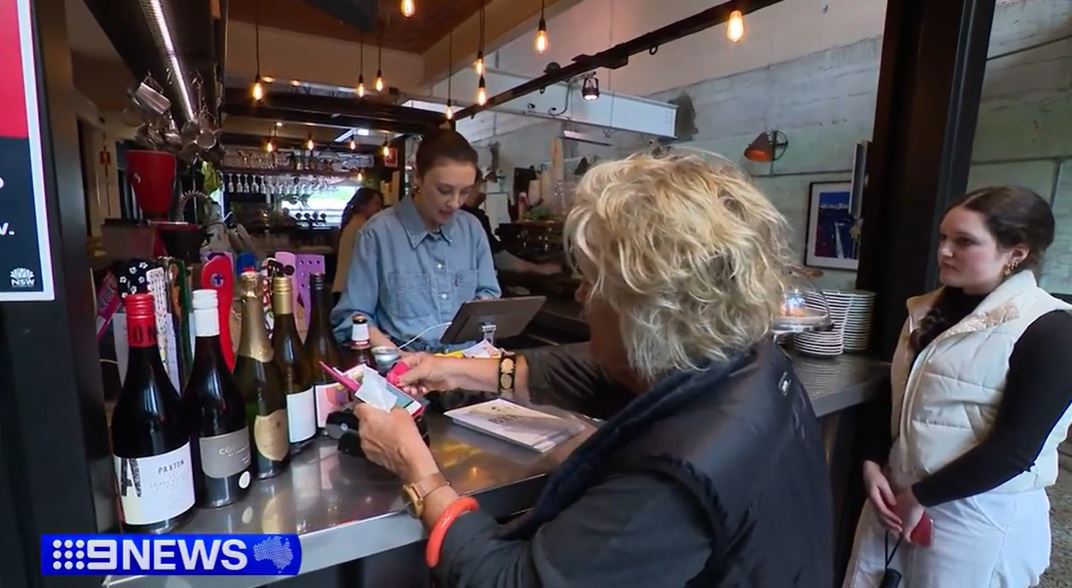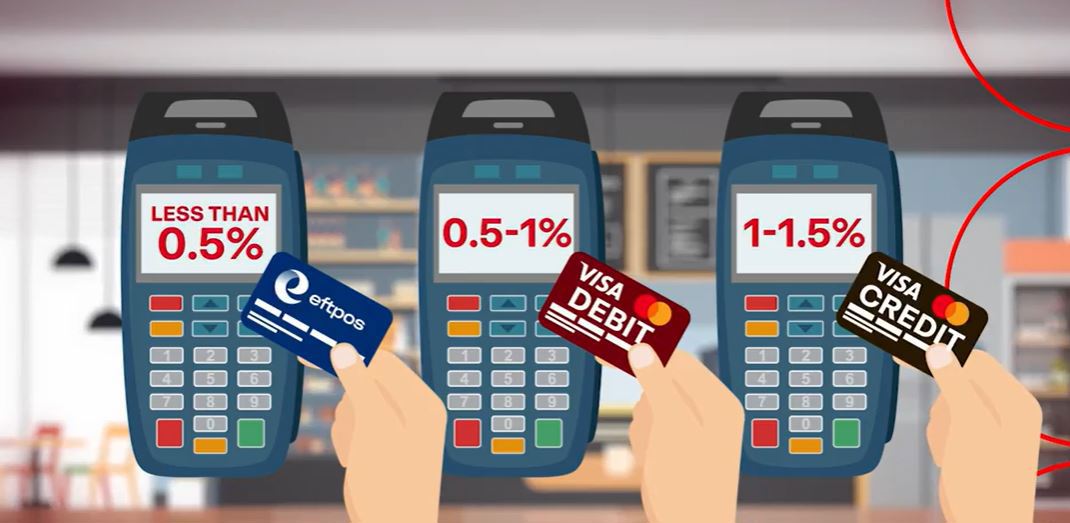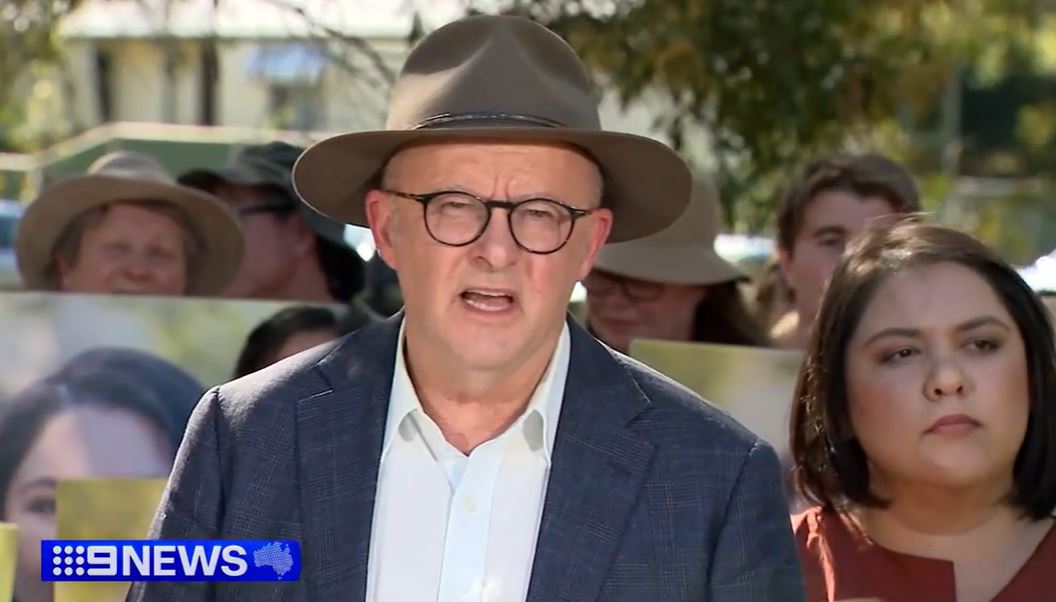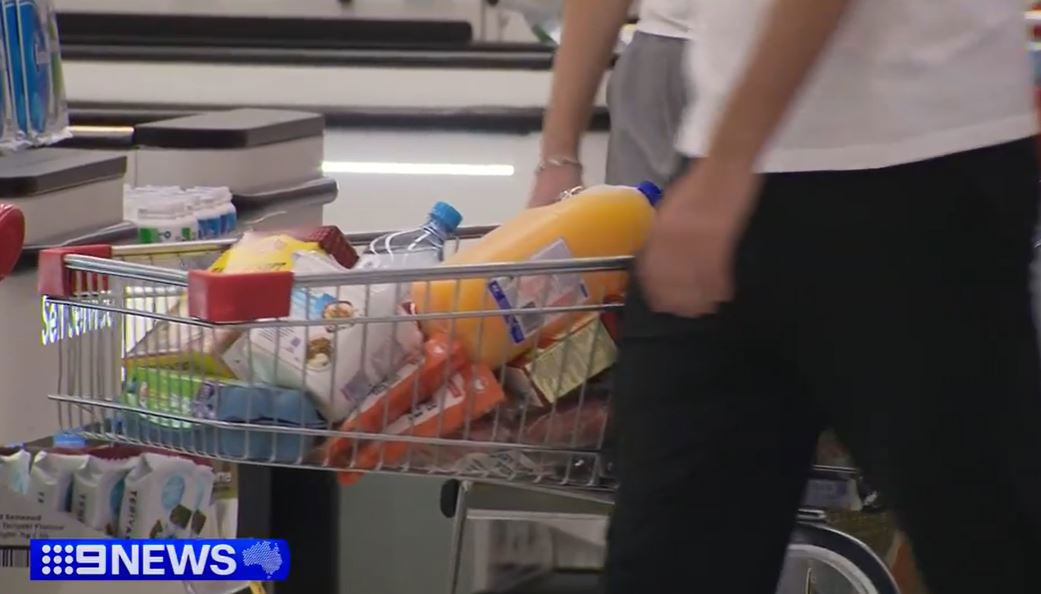The costly charges when you tap your card for a cup of coffee or dinner at your local could soon be a thing of the past, as bank bosses support a move to scrap credit card surcharges.
While the small surcharge might not seem like much at the time, experts say it can add up – especially as Australians struggle with rising cost of living pressures.
"Some people are spending tens if not hundreds of dollars a year on these pesky fees," Sally Tindall of Canstar told 9News.
READ MORE: Crocodile eats another croc in front of shocked NT tourists
"I think it would be easier if there was more consistent, transparent rules around surcharges."
The Reserve Bank sets the caps, which are currently at:
- Eftpos: less than 0.5 per cent
- Visa and Mastercard debit: between 0.5 per cent and one per cent
- Visa and Mastercard credit: between one per cent and 1.5 per cent
The bosses of the nation's biggest banks have backed a ban but businesses are now hitting back.
"A ban on surcharges would be disastrous for restaurants and cafes around Australia," Australian Restaurant and Café Association CEO Wes Lambert told 9News.
READ MORE: Albanese faces scrutiny after teenager dies in detention
Yesterday, in Queensland, Prime Minister Anthony Albanese had a strong message as Aussies continue to feel the crunch on their wallets.
"I think that banks have a responsibility to deliver for their customers," the PM said.
"Do the right thing by your customers and they'll do the right thing by you."
The prime minister is pledging to do the right thing for Australians, as a new survey reveals cost of living continues to be the number one concern for voters.
"That's the task that we have and that's one that I'm absolutely committed on," Albanese said.
In less than a year Australians will hit the polls and already the Treasurer has ruled out a big spendathon to secure votes, as the government walks a fine line between supporting those doing it tough and bringing down inflation.
"We have a long way to go in the inflation battle," Tindall said.
"If the government adds more fuel to the fire in a cash splash in pre-election spending, that could be problematic."







